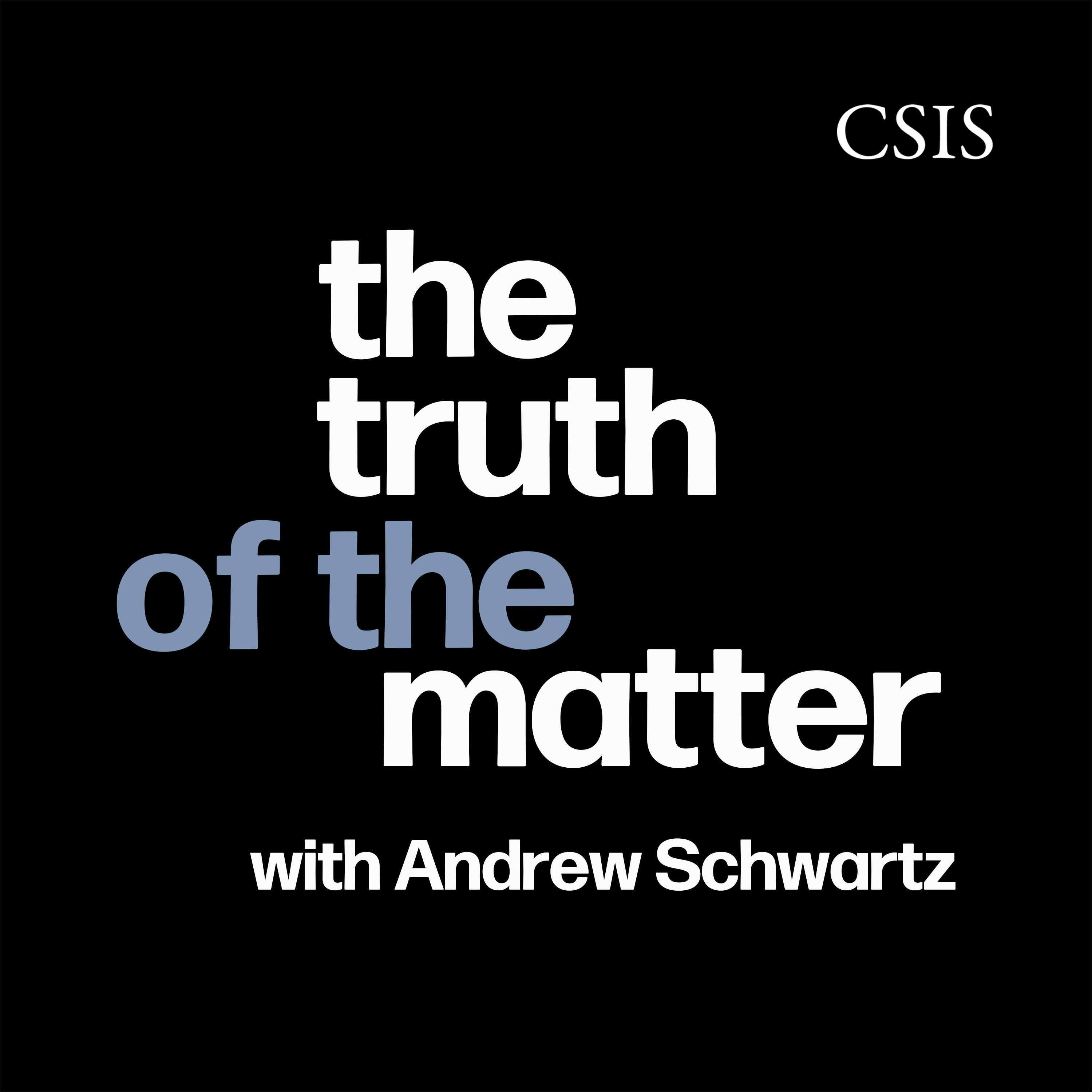
House of Huawei: The Secret History of China’s Most Powerful Company

The Truth of the Matter
Deep Dive
Why is Huawei considered an epic story in the world of technology and geopolitics?
Huawei is a Chinese company with global reach, operating in almost every country. Its story provides a lens into China's evolving role in the world, especially during geopolitical conflicts.
How did Huawei grow from its founding in 1987 to become one of the world's most powerful companies?
Huawei navigated between China's capitalist experiment and communist government backing, leveraging policy waves and being at the forefront of technological advancements in Shenzhen.
What is the background of Ren Zhengfei, Huawei's founder?
Ren Zhengfei was born in 1944 in an impoverished part of China. He lived through the famine and the Cultural Revolution, experiences that shaped his disciplined and education-focused approach to building Huawei.
How does Ren Zhengfei's military background influence Huawei's culture?
Huawei has a militant culture with boot camps for recruits and military metaphors in speeches. However, Ren's military background is one of many factors contributing to the company's success.
Why is Huawei so controversial in the United States?
Huawei is the world's largest vendor of telecom equipment, raising concerns about cybersecurity and potential Chinese government spying. U.S. policymakers view it as a national security risk.
What are the main concerns U.S. policymakers have about Huawei?
The primary concerns are cybersecurity risks from Huawei's dominance in telecom equipment and its role as China's most advanced chip designer, which is integral to AI and data centers.
How does Huawei's role in 5G and AI technology impact global perceptions?
Huawei's rapid deployment of 5G networks and its involvement in AI chip development have raised alarms, as China aims to lead in these critical technologies, challenging U.S. dominance.
What is the basis for the bipartisan distrust of Huawei in the U.S.?
The distrust stems from China's emergence as a technological rival, with Huawei being a global leader in its field despite U.S. sanctions, which is seen as a competitive threat.
How does Huawei's leadership envision the company's future?
Ren Zhengfei aims for Huawei to survive beyond his lifetime, with a focus on long-term sustainability and succession planning, aiming for the company to last 100 years.
What is the political outlook for Huawei under the new U.S. administration?
The new administration, with its security-focused cabinet picks, is likely to continue scrutinizing Huawei, given its resilience and continued leadership in the face of sanctions.
- Huawei's global reach and impact on geopolitical conflicts
- Ren Zhengfei's background and leadership style
- The company's unique blend of capitalist and communist influences
- Huawei's early success and strategic adaptation to policy changes
Shownotes Transcript
Eva Dou, technology policy reporter at The Washington Post, joins the podcast to discuss her new book, House of Huawei: The Secret History of China’s Most Powerful Company, as well as U.S. suspicion of the company and why it worries policymakers.